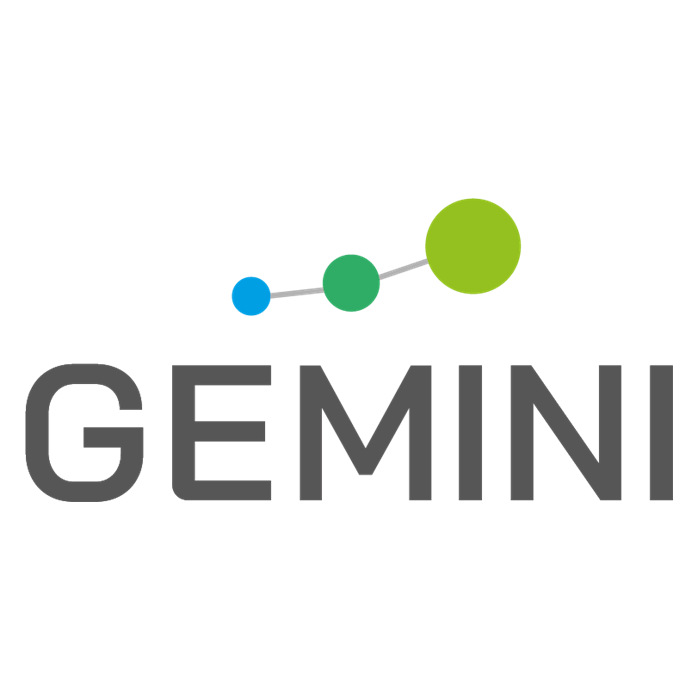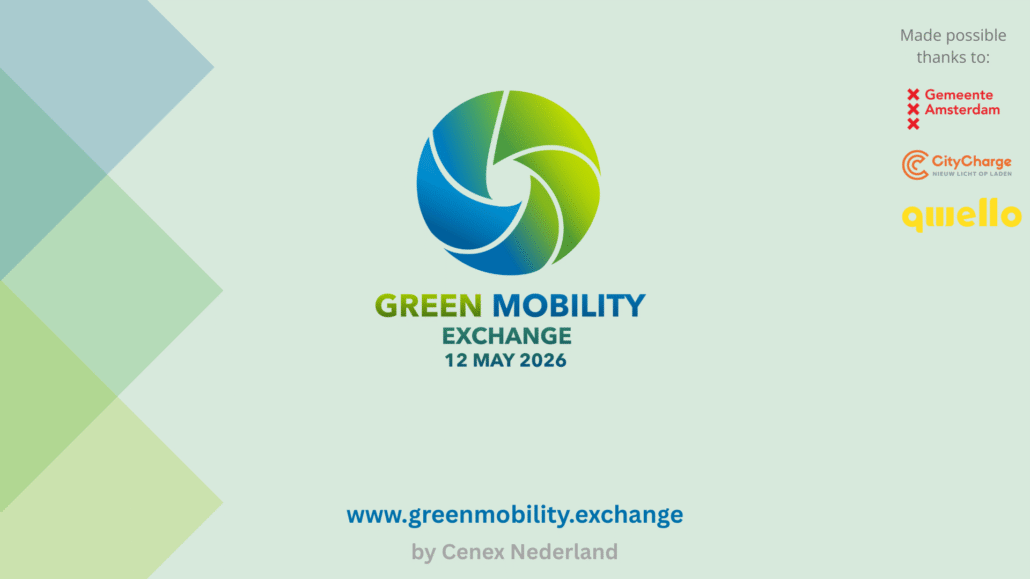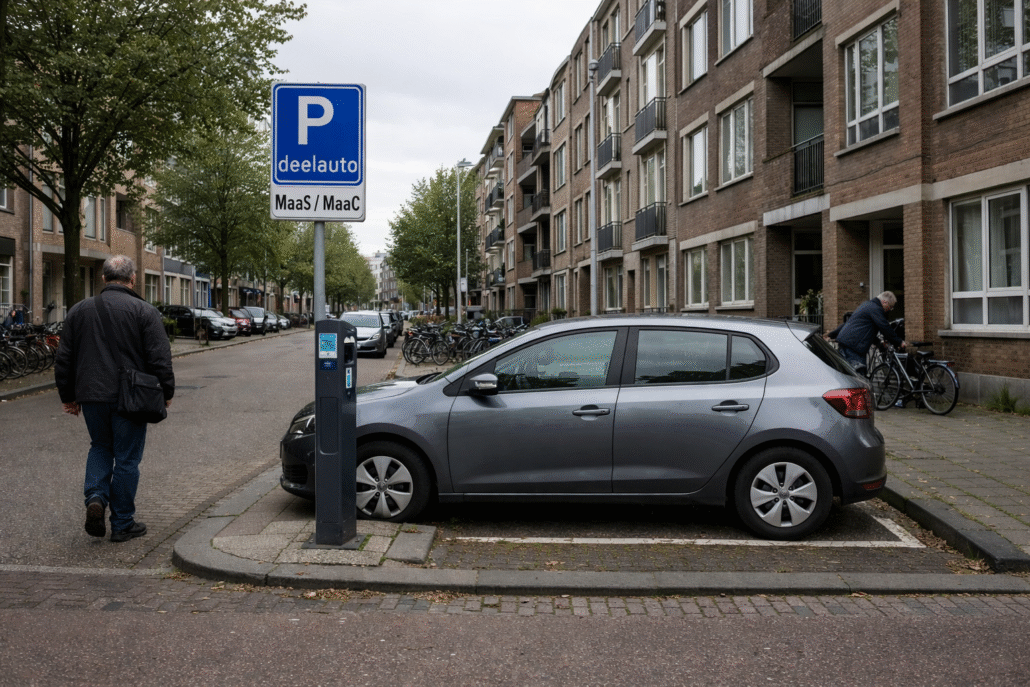The GEMINI Project “Greening European Mobility through cascading innovation Initiatives” has had its official kick-off meeting on 28th – 29th June in Potsdam (D). Funded by the European Commission under the Horizon Europe Program, with a total budget of over 12 M€, involving a Consortium of 43 partners led by the Urban Electric Mobility Initiative (UEMI), GEMINI aims at accelerating the progress towards climate neutrality through the demonstration and uptake of new shared mobility services, active transport modes, and micromobility and their integration with public transport in new generation Mobility as a Service (Maas).
In its 42 months duration, GEMINI will develop and test sustainable business models for New Mobility Services (NMS), including shared connected automated vehicles and shared mobility public transport and public-private partnerships, to increase shared mobility (MaaS and MaaC) solutions for enterprises, families and tourists. 8 New Mobility Service will be co-designed, deployed and tested by Mobility Living Labs (MLLs) in 8 mission cities (Amsterdam, Copenhagen, Helsinki, Ljubljana, Munich, Paris, Porto and Turin), engaging local communities in the co-creation, development and adoption of promising innovative mobility solutions with significant impact, accounting for user acceptance, sustainability and financial viability.
GEMINI will structure the path from business scenarios to upscaled NMS business ventures, by building an Open Innovation Ecosystem to strengthen cooperation among stakeholders, setting the foundations for establishing public–private partnerships (PPP), mobility hubs, open mobility dataspaces and highly integrated MaaS systems. To this purpose the project will implement digital enablers such as collaboration platforms and multimodal MaaS solutions, and a data-driven mobility intelligence platform (AI4BI) to support cities in monitoring, regulating, and optimising shared mobility adapted to local needs.
According to the Project Officer, Mrs. Marjolein Salens from the European Climate, Infrastructure and Environment Executive Agency (CINEA) / Policy Officer Rafal Stanecki from the Directorate General for Mobility and Transport (DG MOVE) of the European Commission, the GEMINI project is expected to test and validate shared mobility services in mobility management address key urban challenges such as climate change, air quality, road safety, social inclusion and accessibility. The Project Coordinator Prof. Dr. Oliver Lah, Managing Director at the Urban Electric Mobility Initiative (UEMI), emphasized that the GEMINI Living Lab aim to deliver new and shared mobility services that are both scalable within the Living Lab cities and replicable across Europe and beyond.
Each Mobility Living Labs will demonstrate reduction of congestion, air pollution and road risk, whilst fostering accessibility and social inclusion, targeting an increased share of NMS in the modal distribution at least by 25% compared to the baseline, measured at the start of the project. GEMINI will liaise with the CIVITAS initiative and Mission Cities umbrella to deliver a comprehensive policy package to guide and incentivise future mobility solutions.




